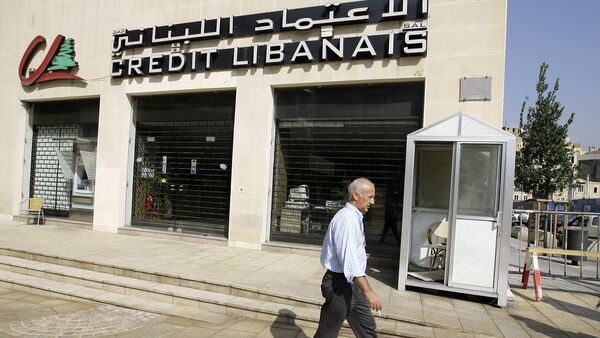The country has been without a president since Michel Suleiman’s term in office ended in May 2014, with parliament split on a successor between Michel Aoun, backed by the Hezbollah-led March 8 Alliance, and Samir Geagea, the Future Movement-led March 14 Alliance candidate.
In addition, Lebanon, with a population of 4.4 million, has taken in more than one million Syrian refugees, and its troops are fighting Islamic State attempts to advance into its territory close to the Syrian border in the Bekaa Valley, adding to the security concerns which have also hit the country's once flourishing tourism industry.
However, despite these hindrances the two-part Eurobond sale was able to market $800 million of ten-year bonds at a yield of 6.2%, and $1.4 billion of bonds with a 15-year maturity and a yield of 6.65%. The sale increased in size from the $1 billion originally proposed earlier in February, to $2.2 billion, the largest sum of sovereign debt sale in the country's history as a result of strong investor interest; the bond issue was subject to subscriptions of $4.9 billion.
Following the issue, Lebanese Finance Minister Ali Hasan Khalil told the media that his government is seeking permission from parliament to issue $4.4 billion of bonds in 2015 in order to meet the needs of the state, which had a budget deficit in 2014 of 8.2 percent of GDP. Currently, said Khalil, the Finance Ministry is only authorized to issue $2.5 billion this year.
According to experts who dealt with the sale, the strength of the Lebanese banking system lies behind the popularity of the bond issue; total assets of the banking sector are approximately 3.5 times GDP, and the banks are subject to investment restrictions which push them towards investing in Eurobonds, thereby stimulating foreign investment. Local press reported that just 15 percent of the issue was bought by foreign investors, while the rest went to local investors and bankers.
The confidence of investors in Lebanon's economic future also comes despite its sovereign rating being downgraded to B-/B2 in December. Ratings agency Moody's downgraded Lebanon's government bond rating from B2 from B1, with a negative outlook, citing the government's high debt burden and the adverse spillover effects of the Syrian crisis.






